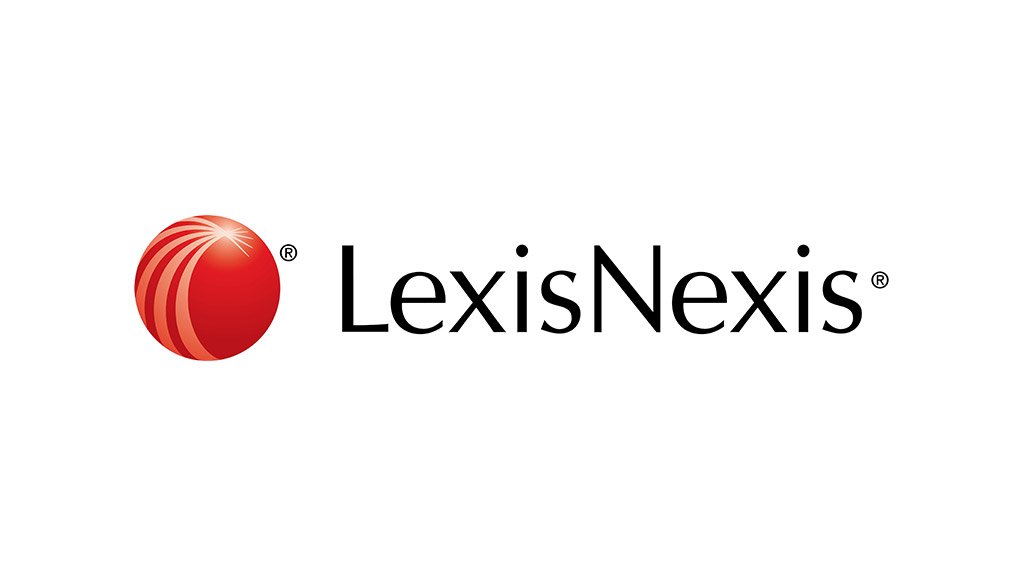The recent cyber-attack and holding hostage of a South African insurance provider’s IT infrastructure has drawn attention to the dire need for effective protection of consumer data. While the company asserts that no financial losses have been encountered by any of its policy holders, it cannot currently confirm the volume of data and number of individuals that have been affected by this data breach.
Any organisation that handles consumer information will be significantly impacted by the introduction of data protection legislation. The Protection of Personal Information Act (POPI), which is expected to come into effect in 2018, prescribes how personal information may be stored, transferred and destroyed.
“All public and private entities will be required to comply with the legal obligations under POPIA,” says Billy Last, CEO of LexisNexis South Africa. “Non-compliance will result in severe penalties, fines and imprisonment in addition to reputational damage.”
Companies need to prioritise the enhancement of data security, the updating of vendor contracts and safeguarding trans-border flow of information. Entities will need to appoint an Information Officer and gain an understanding of the duties of the responsible party and the rights of the data subject, including how to be prepared and manage a data breach.
The Information Regulator has been established and the draft regulations for POPIA published. Following the implementation of the Act, a grace period allows companies the necessary time to ensure that their systems are compliant and meet the requirements.
“It is important that companies do not wait until the grace period is over to make the necessary changes – in fact they should start now even before the Act is promulgated,” says Last. “The Act will also oblige companies to report data breaches and detail their strategy for rectifying same.”
Last said the newly released book, A Commentary on the Protection of Personal Information Act, examines the eight conditions of lawful processing, the difference between personal and special personal information and the exemptions, exceptions and exclusions as set out in the Act.
The authors set out the powers of the Information Regulator and possible fines, compensation and damages and cover the impact of the POPI Act on several important issues including employment law; non-automated and automated decision-making; outsourcing of processing; marketing and direct marketing; credit reporting and the Internet.
“This is the first South African publication that covers the requirements for compliance to the General Data Protection Regulation (GDPR) which came into force on 25 May 2018, linking the POPI Act to these compliance obligations and has application to SA companies,” says co-author Ahmore-Burger Smidt. “Companies that offer goods or services to people in the European Union (EU), or monitor the behavior of people in the EU, will have to comply with the GDPR.”
POPI will bring South Africa in line with international data protection standards. It is widely accepted that the European Union has been at the forefront of the development of the framework for the protection of personal information. It is for this reason that the authors of A Commentary on the Protection of Personal Information Act have relied extensively on the General Data Protection Regulation (GDPR) to provide guidance on how POPI is likely to be implemented.
A Commentary on the Protection of Personal Information Act retails for R500.00 excluding VAT and delivery and will be available for sale from 5 July 2018 from the LexisNexis online store.
Print ISBN: 9780409123418 and Ebook ISBN 9780639003542
EMAIL THIS ARTICLE SAVE THIS ARTICLE ARTICLE ENQUIRY
To subscribe email subscriptions@creamermedia.co.za or click here
To advertise email advertising@creamermedia.co.za or click here











